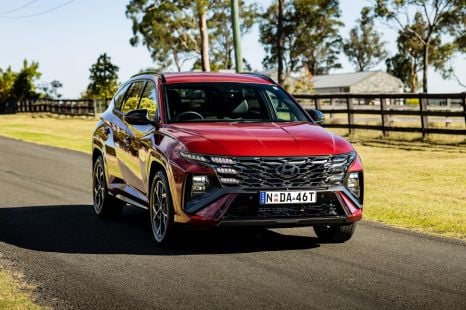

Matt Campbell
2026 Hyundai Tucson Hybrid review
6 Hours Ago

Contributor
Nissan has finally unveiled the Ariya, a sexy all-electric SUV aimed at the Tesla Model Y.
It joins the battery-electric Leaf hatchback, and will serve as flagship to a growing range of e-Power range extender and series hybrid Nissan vehicles.
It also heralds the start of Nissan’s plan to sell more than one million electrified (hybrid, plug-in hybrid, pure electric) vehicles per year by the end of the 2023 financial year.
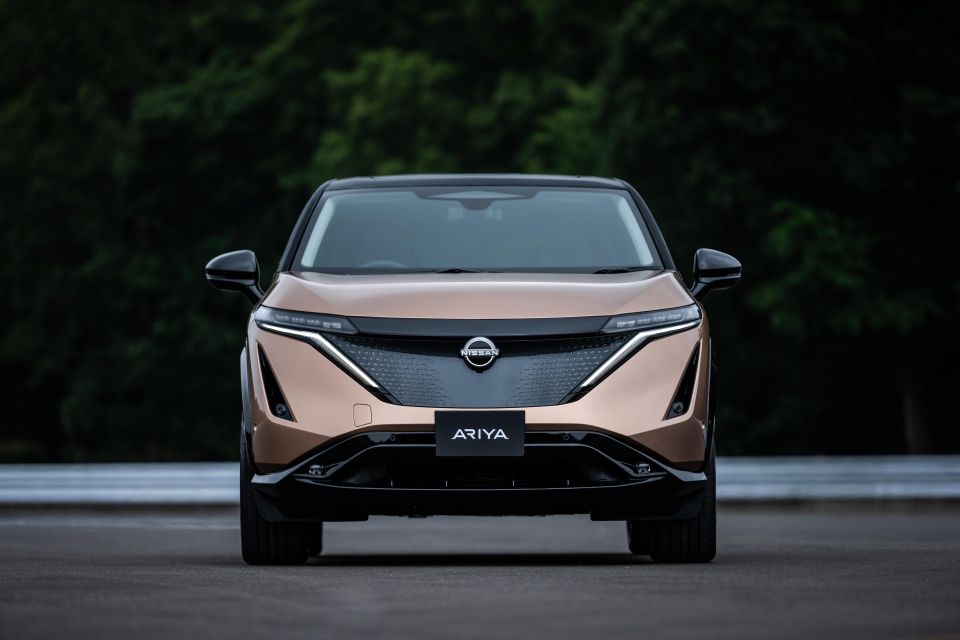
Nissan is far from alone in setting itself tough long-term targets for electric and electrified vehicle sales. Here’s how Nissan’s goals stack up with those of its rivals.
The BMW Group initially promised to offer a combined 25 electric and plug-in hybrid vehicles by 2025, but has since advanced that goal to 2023. It yesterday revealed the first piece in its mainstream electric vehicle line-up; the iX3 SUV.
The iX3 will be followed in 2021 by the mid-sized i4 electric sedan, and the X5-sized – and as-yet unnamed for production – iNext SUV.
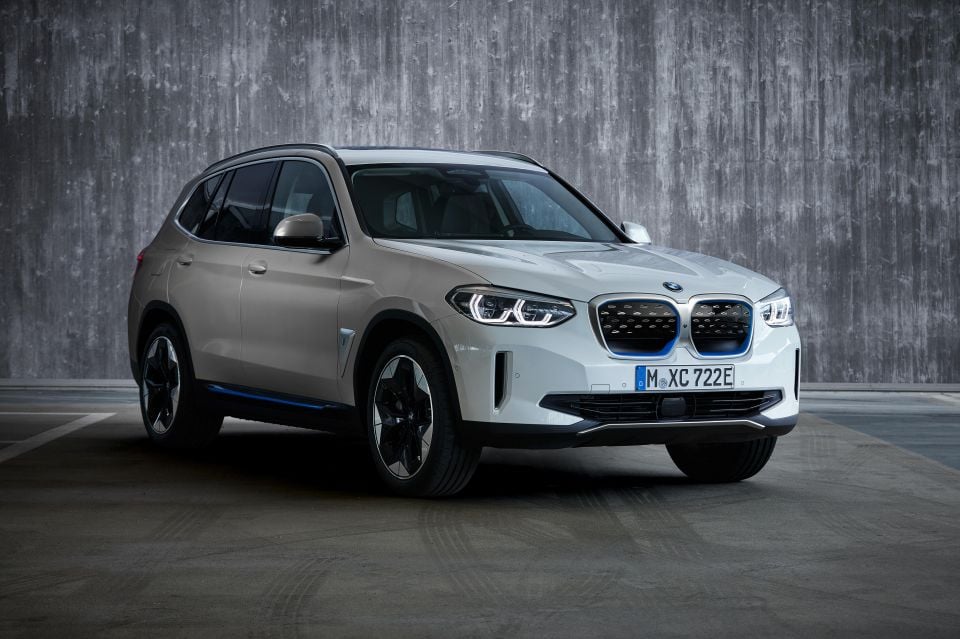
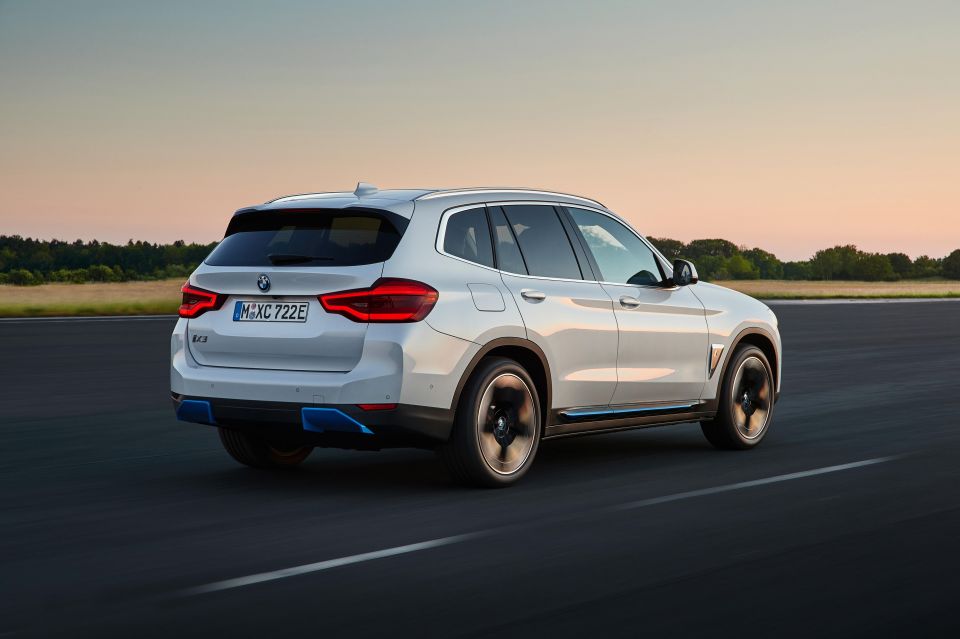
It also currently offers the Mini Electric, along with its range of ePerformance plug-in hybrids.
By 2021, it plans to have doubled its annual electric sales compared to 2019. That would have the BMW Group selling just over 290,000 electrified vehicles next year.
From 2025, it wants to grow electrified sales by 30 per cent each year.
Mercedes-Benz, the best-known Daimler car brand, expects 25 per cent of its sales to be pure-electric by 2025.
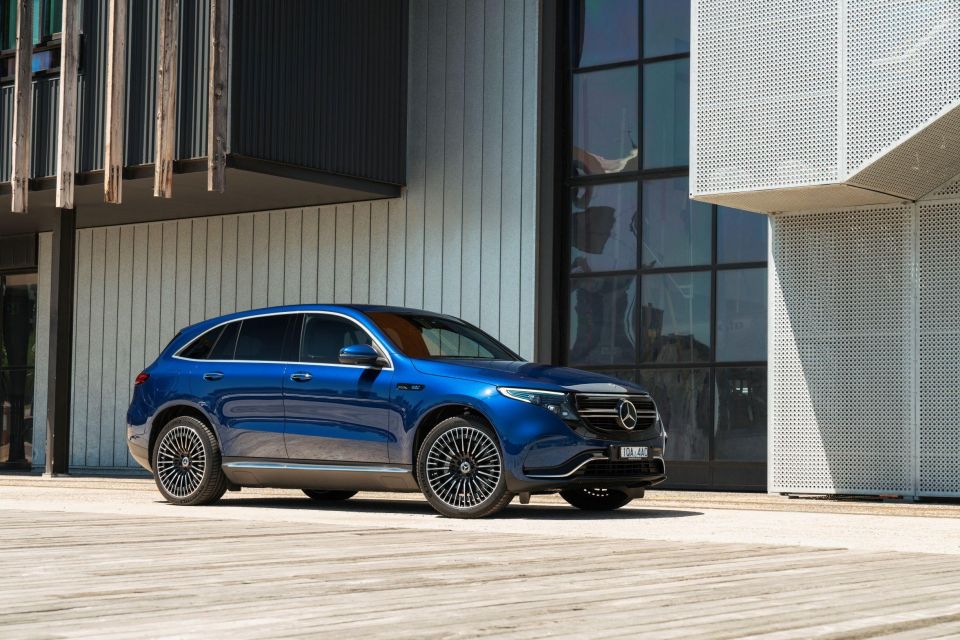
It will offer 10 electric vehicles by 2022, the same point at which it plans to have electrified (hybrid, plug-in hybrid) versions of its whole ‘regular’ range on sale.
The electric Mercedes-Benz EQ brand was launched with the EQC SUV, and will rapidly expand to include battery-powered versions of the A-Class, B-Class, and V-Class van. Smart will produce only pure-electric city cars before the end of 2020, too.
A lot of Fiat Chrysler’s electric plans look to hinge on its merger with Peugeot Citroen.
It was slow to move on electric vehicles under its last CEO, the late Sergio Marchionne, who was skeptical of the technology.
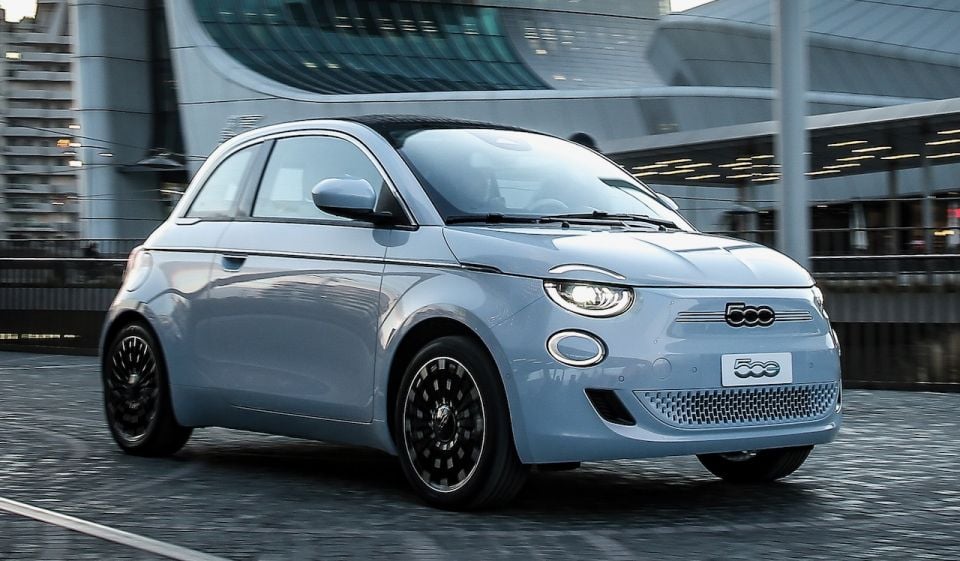
Marchionne hated the first-generation 500e, and once asked prospective customers not to buy the car because of its impact on the FCA balance sheet.
The company has since begun rolling out plug-in hybrid powertrains, and launched the reborn Fiat 500e as a pure-electric vehicle.
Ford last year launched its first mainstream, global electric vehicle with the Mustang Mach-E SUV, aimed at the Tesla Model Y and just-revealed Nissan Ariya.
The Blue Oval plans to have 40 hybrid, plug-in hybrid, and electric vehicles in its range by 2022. Of that figure, 16 will be pure electric.
The General wants to sell one million electric vehicles per year in China and the USA by the end of 2025.
It has developed a new electric architecture and ‘Ultium’ battery technology, the latter of which will be licensed to other carmakers. Honda will build cars on the GM EV architecture.
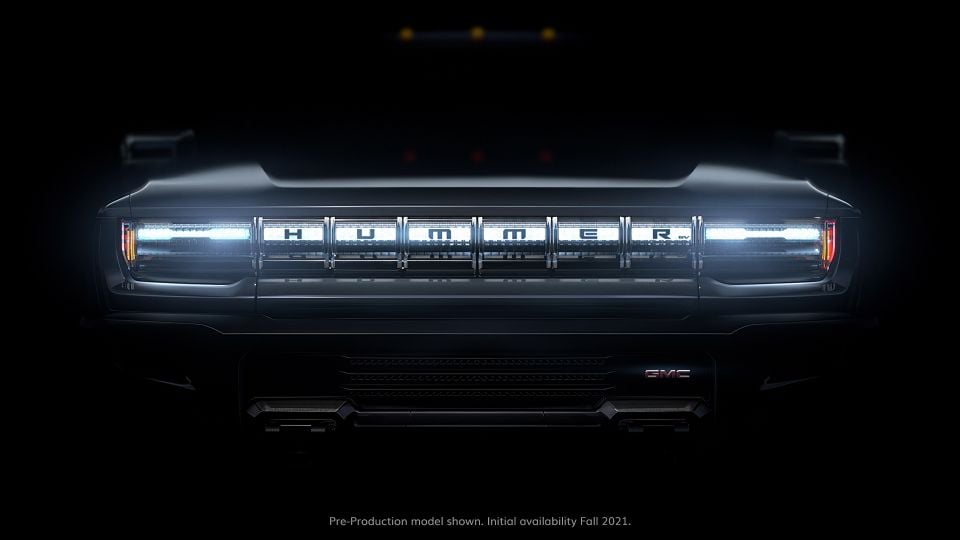
Chevrolet, Cadillac, Buick, and GMC will all develop electric vehicles on the new architecture. GM is banking on the pure-electric Hummer and Cadillac Lyriq EV to lead the charge, and sex up its pure-electric offerings.
Hyundai Motor Group already has pure-electric versions of the Kona EV and Ioniq, but is already planning to expand its battery-powered range to include 14 new electric vehicles.
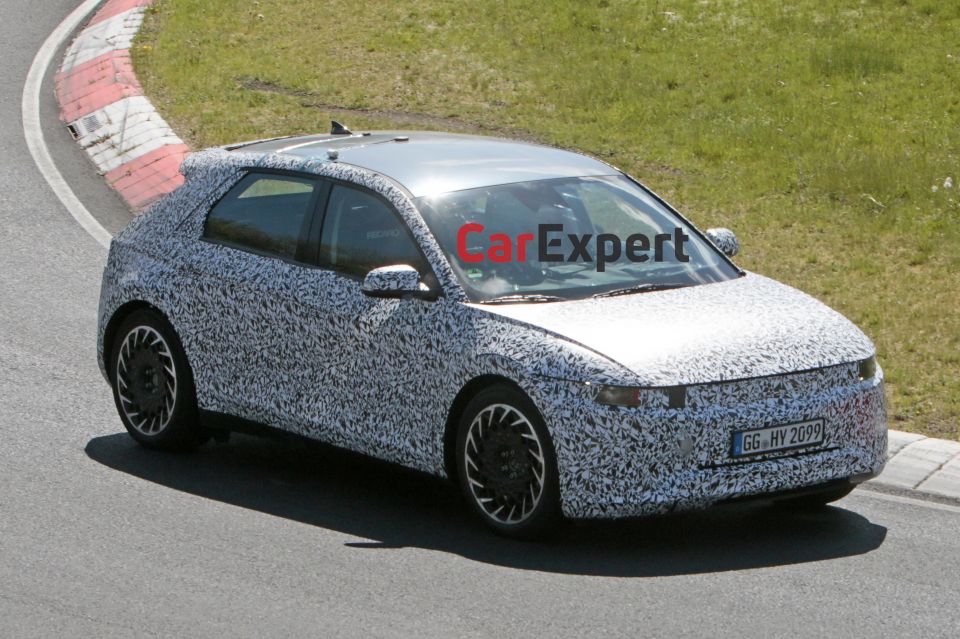
All but three of those new EVs will be new model lines, led by the angular 45 and sensuous Prophecy.
There will be a total of 23 electric cars, 13 hybrids, six plug-in hybrids, and two hydrogen fuel-cell vehicles in the Hyundai Motor Group line-up by 2025, according to its plan.
The group plans to sell 670,000 zero-emissions vehicles per year by 2025.
The city-sized e is the first step in Honda’s move to electrification, but the electrification push will be focused on Europe initially.
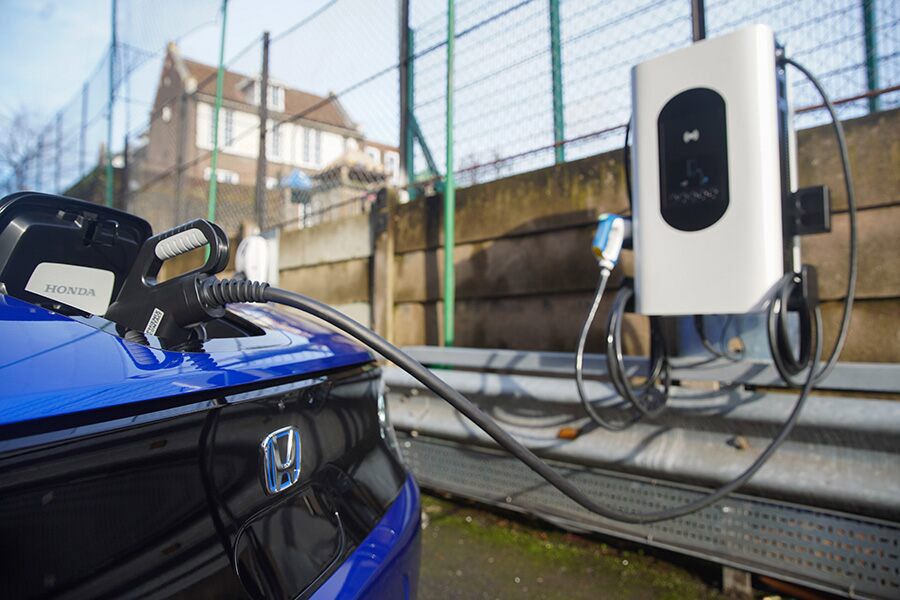
The company plans to have its whole European range electrified by 2022, but hasn’t laid out how that translates to other markets. It’s a significantly more aggressive target than initially laid out by management – Honda originally promised a fully electrified range by 2025.
Mazda took the first steps towards an electrified future with the MX-30 SUV, revealed in Tokyo last year.
It will be joined by a range-extender (potentially packing a rotary petrol engine, no less) this year.
By 2030 it plans to have some form of hybrid power incorporated into all of its engines, but hasn’t made any grand proclamations about sales percentages or plug-in hybrid plans.
The Peugeot Citroen Group (PSA) will electrify its entire engine line-up by 2025. Its entire range will be built across two platforms, both of which support electric, hybrid, and plug-in hybrid.
Seven of its models will have plug-in hybrid power by 2021, and seven will be pure electric across its Opel, Vauxhall, Peugeot, and Citroen brands.
The world’s biggest carmaker is planning to have an electrified powertrain in all its cars by 2025, and wants to sell 5.5 million electrified vehicles annually by 2025.
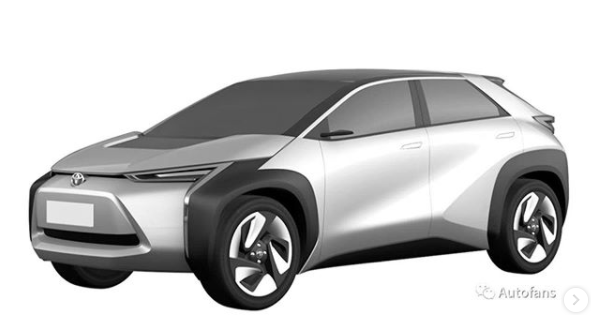
Of those 5.5 million, it wants one million to be zero-emissions. That could mean pure electric, or hydrogen fuel-cell.
More than 10 battery electric vehicles are currently being developed, with the rollout to start in China and expand to Japan, India, North America and Europe.
The Volkswagen Group initially planned to be in a position to produce and sell one million ID. electric vehicles in 2025.
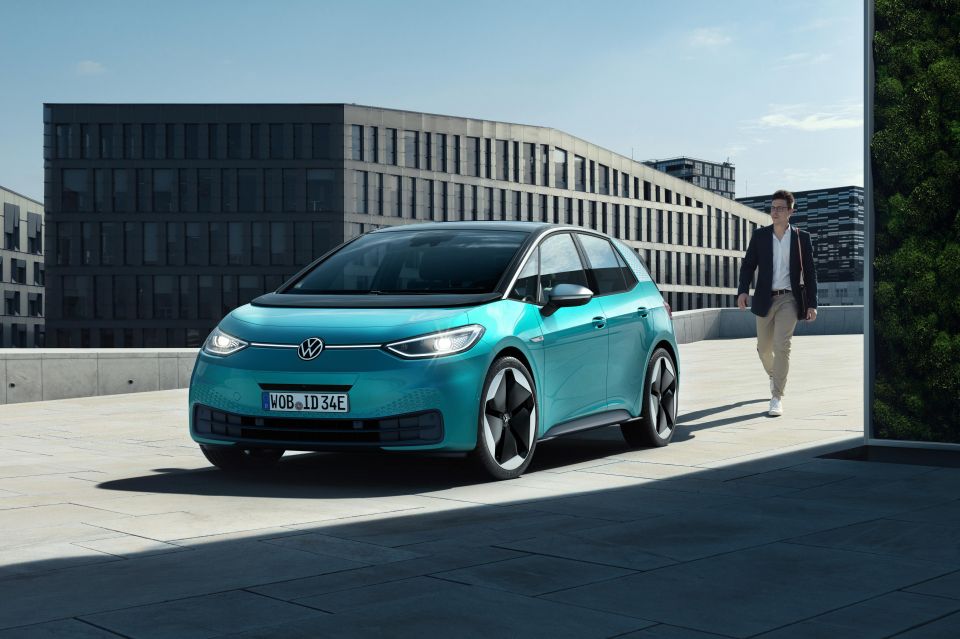
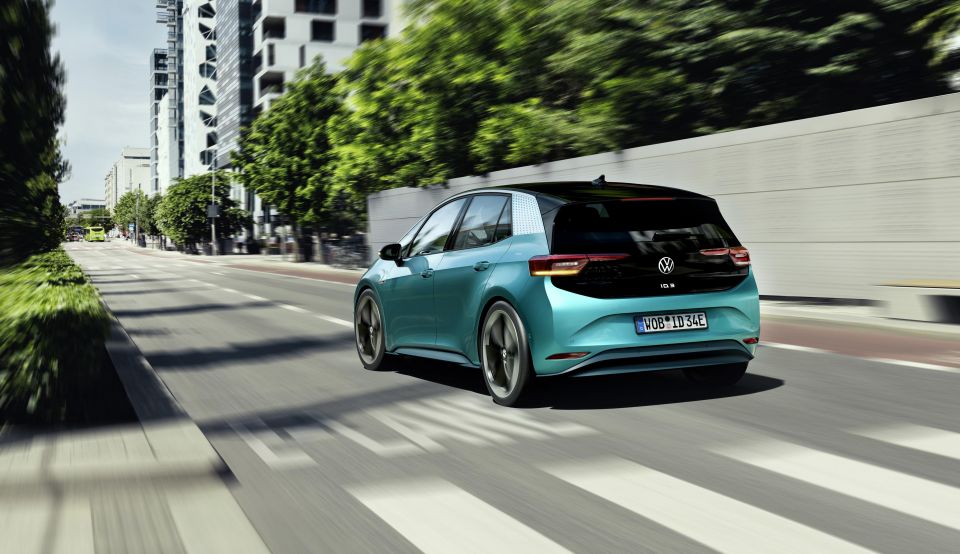
It has since revised that goal, and now plans to sell one million pure-electric ID. models by the end of 2023, and 1.5 million in 2025.
Although it started the charge with the Golf-sized ID.3 hatchback, Volkswagen will rapidly expand its range of pure-electric vehicles to include wagons, crossovers, and a retro-inspired Kombi van.
Volvo intends to have half its volume generated by pure-electric vehicles by 2025, and wants to cut the carbon footprint associated with building those by 40 per cent by the same point.
Every Volvo model is now available with a plug-in hybrid drivetrain, and Volvo has launched its pure-electric Polestar sub-brand with the Tesla Model 3-targeting Polestar 2.
It plans to be fully carbon neutral by 2040.
Where expert car reviews meet expert car buying – CarExpert gives you trusted advice, personalised service and real savings on your next new car.
Scott Collie is an automotive journalist based in Melbourne, Australia. Scott studied journalism at RMIT University and, after a lifelong obsession with everything automotive, started covering the car industry shortly afterwards. He has a passion for travel, and is an avid Melbourne Demons supporter.


Matt Campbell
6 Hours Ago
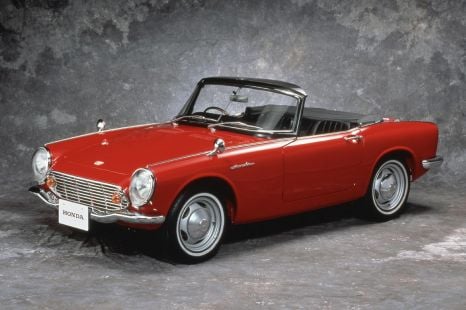

Max Davies
22 Hours Ago
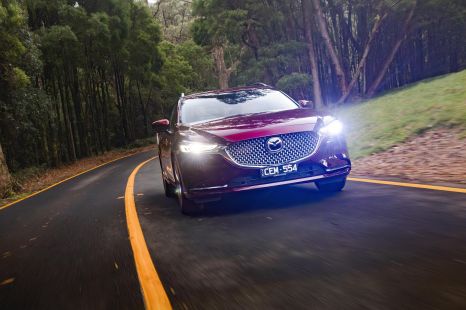

William Stopford
22 Hours Ago
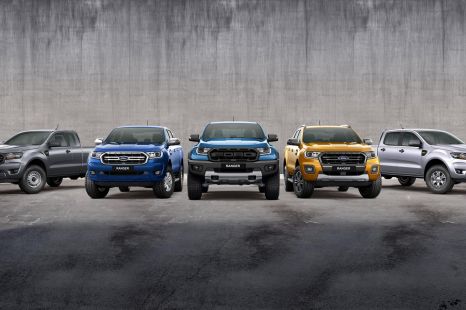

Derek Fung
22 Hours Ago
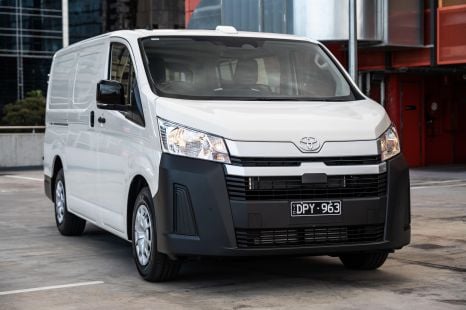

Max Davies
1 Day Ago
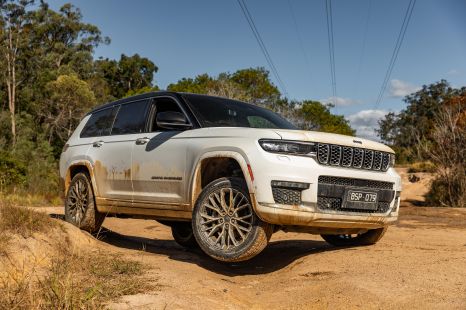

William Stopford
2 Days Ago